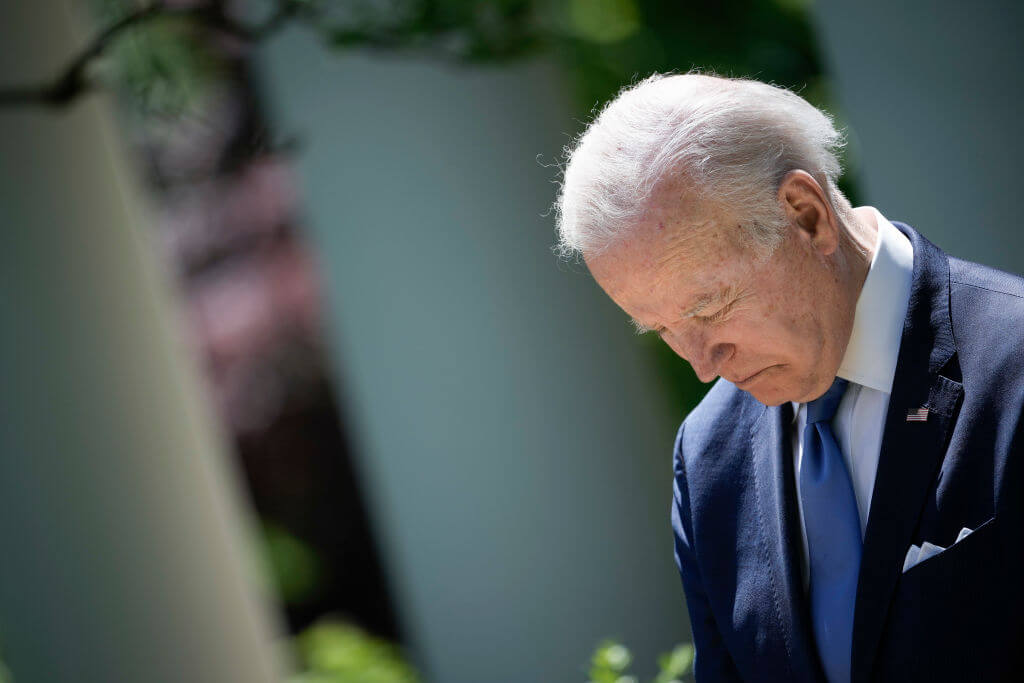Right Winger Reuven Rivlin Elected President of Israel

Gertt Image by Getty
Reuven Rivlin, a right-wing legislator opposed to the creation of a Palestinian state, was elected Israel’s president on Tuesday to replace the dovish Shimon Peres in the largely ceremonial post.
Rivlin, 74, is a member of Prime Minister Benjamin Netanyahu’s Likud party. He has a reputation for political independence and has had a frosty personal relationship with the Israeli premier.
A former speaker of parliament, Rivlin defeated Meir Sheetrit of the moderate Hatnuah party by a vote of 63-53 in a run-off in the legislature, after none of the original five candidates won an outright victory in a first-round ballot.
Although Israeli heads of state are not directly involved in political decision-making, Peres, a Nobel Peace Prize laureate, used the presidency as a pulpit for advocating peace with the Palestinians, often taking a more conciliatory stance than Netanyahu.
Peres, 90, ends his seven-year presidential term in July.
Unlike Peres, Rivlin has called for a confederation with the Palestinians rather than negotiating an independent state for them – something Palestinian leaders have long rejected.
U.S.-shepherded peace talks between Israel and the Palestinians seeking statehood in Israeli-occupied territories collapsed in April amid bitter mutual recrimination.
Despite his opposition to a Palestinian state, Rivlin won the endorsement of Israel’s left-wing Haaretz newspaper, which noted in an editorial on the eve of the ballot that he had long advocated Jewish-Arab cooperation.
In an interview last month with The Times of Israel website, Rivlin promised that, if he became president, he would not seek to intervene in the decisions of the country’s elected politicians on peacemaking or other issues.
Choking back tears at a ceremony in the Knesset after the vote, Rivlin echoed that pledge, saying: “The faith you have shown in me today, in all corners of this house, obliges me to shed, from this moment on, my political role.”
PRESIDENT IMPORTANT IN COALITION-BUILDING
Last month, Netanyahu floated a trial balloon on the future of the presidency, ordering his advisers to sound out cabinet colleagues on suspending the vote and evaluating the need for the position, political sources said.
Some political analysts suggested that Netanyahu was concerned that a victory by Rivlin, who once publicly accused the prime minister of showing disrespect to parliament, could make him more vulnerable in a future general election.
No single party has ever won an outright majority in a national vote. That makes the president – whose duties otherwise carry little power – a key player in coalition-building.
Congratulating Rivlin at the Knesset ceremony, Netanyahu cited their common history in right-wing politics.
“I know you will do your utmost as president to meet the two-fold mission of unifying the nation and showing unity in the face of external challenges,” Netanyahu said. “I promise, as a prime minister from a similar background, to work with you.”
Born in Jerusalem, Rivlin, a former communications minister, is married and a father of four. A lawyer by profession, he is an avid soccer fan and a vegetarian.
The campaign for the election of Israel’s 10th president was marred by rumors of foul play and mudslinging.
One leading candidate, veteran Labor politician Binyamin Ben-Eliezer, pulled out of the race on Saturday after police questioned him about alleged financial malpractice.
Ben-Eliezer denied any wrongdoing and said he had been “deliberately targeted” by enemies out to sabotage his bid.
Peres, an internationally respected statesman, restored prestige to the post after he was elected in 2007 to replace Moshe Katsav, who was convicted of rape in 2010 and is serving a seven-year prison term.
A message from our Publisher & CEO Rachel Fishman Feddersen

I hope you appreciated this article. Before you go, I’d like to ask you to please support the Forward’s award-winning, nonprofit journalism so that we can be prepared for whatever news 2025 brings.
At a time when other newsrooms are closing or cutting back, the Forward has removed its paywall and invested additional resources to report on the ground from Israel and around the U.S. on the impact of the war, rising antisemitism and polarized discourse.
Readers like you make it all possible. Support our work by becoming a Forward Member and connect with our journalism and your community.
— Rachel Fishman Feddersen, Publisher and CEO























